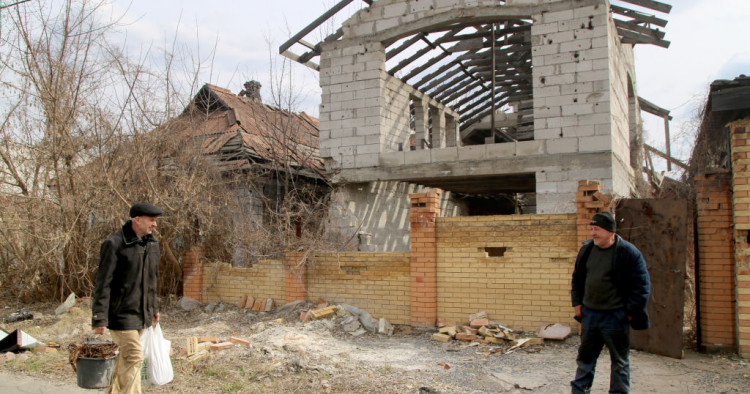War does not end with the last bullet unloaded or agreement papers signed. Wars continue years after peace but in different ways: demining minefields, prosecuting criminals, fighting discrimination of minorities, and steering wartime narratives. Unfortunately, the longer a conflict goes on, the harder it is to achieve peace. Conflicts fragment societies by aggravating existing tensions among social groups and creating new ones. Understanding these harmful consequences is, therefore, a prerequisite for a realistic strategy of conflict resolution.
This report provides an overview of the consequences (or ‘costs’) of the war in Donbas, Ukraine. It offers a concise overview of the key historical and economic developments surrounding the war, culminating in two major points. First, the main costs in the region arise because of a policy driven humanitarian crisis. Despite being a highly militarized area, Donbas is no longer an area of active, large-scale military engagement. Donbas today is an area of a large-scale protracted humanitarian crisis affecting five million people. Second, Ukrainian society is still polarized on critical issues. Prior to the war, the split was pronounced around the perspective of greater economic and political integration (EU or Russia). These days, however, the division line is most pronounced around a future peace deal: how should Ukraine restore Donbas, if at all?
Artem Kochnev is a former Research Fellow at the Vienna Institute for International Economic Studies who holds a PhD in Economics from the Johannes Kepler University Linz for his thesis on the war in Donbas. Marica Valente is a post-doctoral researcher at ETH Zurich who obtained a PhD in Economics from the Humboldt University of Berlin. The views expressed in this report are their own.
Photo by Valentin Sprinchak\TASS via Getty Images
The Middle East Institute (MEI) is an independent, non-partisan, non-for-profit, educational organization. It does not engage in advocacy and its scholars’ opinions are their own. MEI welcomes financial donations, but retains sole editorial control over its work and its publications reflect only the authors’ views. For a listing of MEI donors, please click here.













